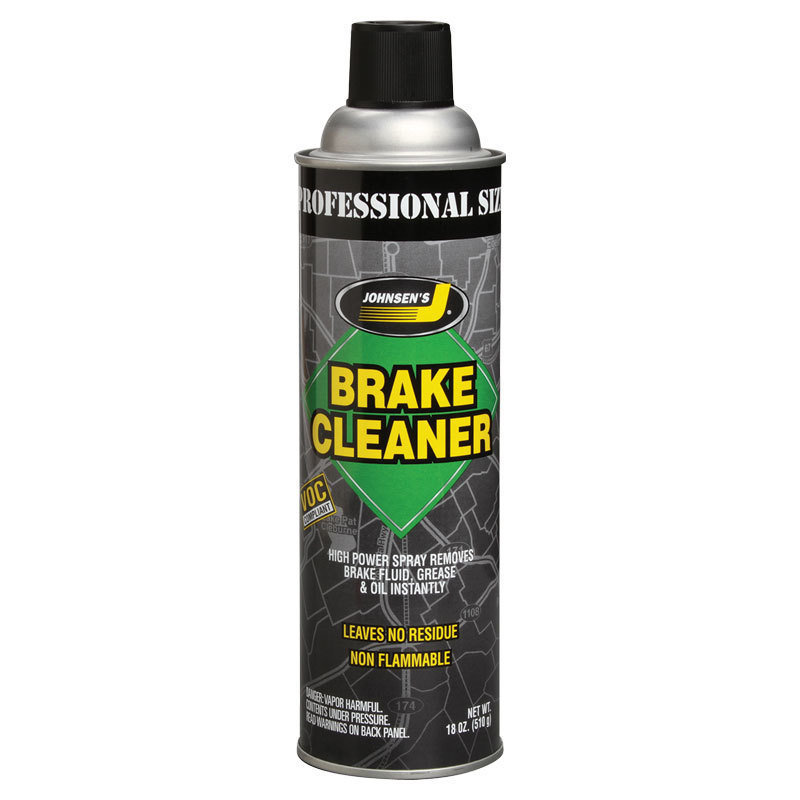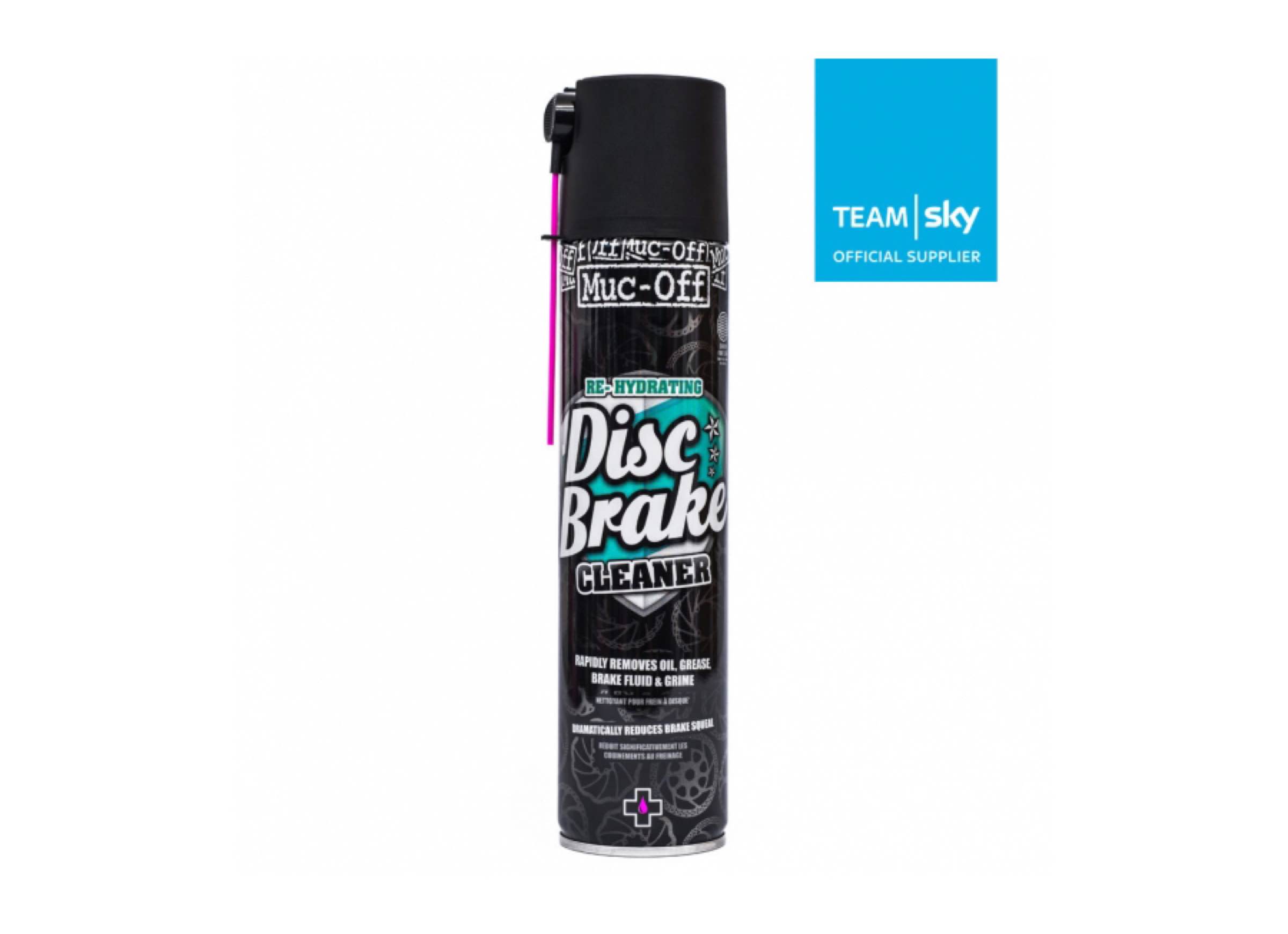

You then use water and a soft surface brush to clean the disc.

The vinegar method requires you to soak your disc in vinegar overnight. Some prefer to use commercial cleaners like Evapo Rust but vinegar is a much more environmentally friendly way of doing this. They also help to breakdown hardened sludge which can be easily wiped off afterward. Household vinegar has strong degreasing properties which help remove grease and rust from the brake disc surface. It's actually best practice to remove the disc from the wheel assembly and clean the discs while off the car, but that takes a different level of know-how and skill so like we said before, work with what you have and know.įor those of you brave enough with enough skills to remove the brake discs from your car, you can try the household vinegar method. Don't forget the inner side as well as there is brake surface there too. If you overspray onto the calipers, make sure to wipe them down as quickly as possible. Apply brake cleaning fluid liberally around the brake disc area and wipe it down. Most car part shops, Lazada or even Shopee would have them.Ī lint-free cloth should also be prepared as you would not want to leave any sort of residue on the brake disc surface after spraying the brake cleaner on, but paper towels can be used as well. To tackle the brake disc cleaning process with tailor-made products, get yourself a can of brake cleaner. We're here to help you with the how, so read on! 1. These contaminants are not usually visible through the naked eye because they are microscopic, but if you were ever to use a microscope to look at it, you would see some particles embedded on the friction surface of the rotor.īefore you go all wallet-emptying by purchasing new pads and rotors, why not try to clean them first. If after checking with your mechanic where the trained car doctor says that the pads and discs are fine, then this squealing is probably caused by a contaminated brake disc. While you can start explaining to people that your car has a race car brake setup, (which often makes this noise due to not having enough heat either on the pads or disc) deep down you know that this is not the case and that something is just not quite right. Nothing is more irritating than announcing your arrival through this high pitched noise. My can of ServicePro brake cleaner is alcohol based and clearly state "leaves no residue" in big letters right on the front.One of the most annoying sounds that your car can make is a squeal when you apply your brakes. Nor have I seen this in 25 years of cleaning clutches, flywheels, and pressure plates with brake cleaner. I've yet to see any chatter/shudder problems there that I might blame on the cleaner we use. We sell enough LUK clutches at work that we became a LUK distributor some time ago. No mention of soap and water in their installation recommendations. Clutch manufacturers such as LUK advise cleaning the parts with "an alcohol based cleaner". New clutch plates are supposed to be clean but they come wrapped in the same corrosion protective paper as the pressure plate so they should at least get a quick cleaning too. The clutch provider recommends this be removed before installation, brake cleaner is ideal for that. Pressure plates come with a light coating of corrosion protection when new. New clutch kits are are given the same treatment. Then another blast in case I missed something. For cleaning clutches I use a good spray then wipe the parts with a rag. It's generally used to "flood" the residues away. Though it helps remove oil and grease too. Brake cleaner is really intended to aid in the removal of the dust from the friction material.


 0 kommentar(er)
0 kommentar(er)
